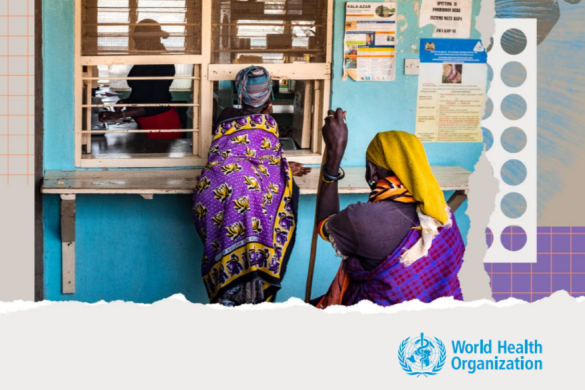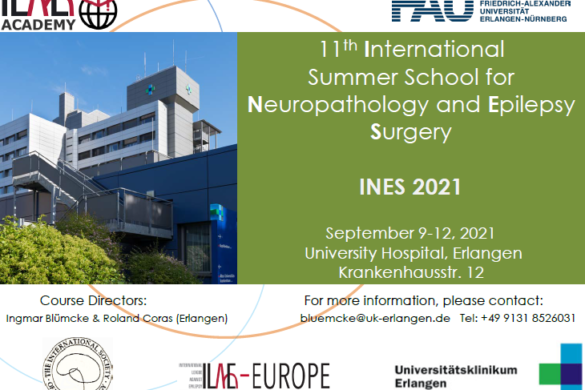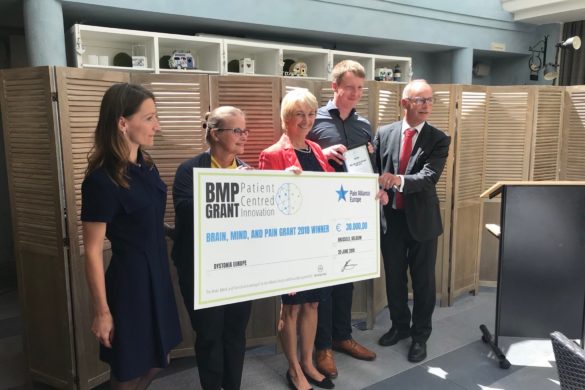By Martin Rakusa, EAN eCommunications Committee
The SIP is an international platform established as a joint initiative between the European Pain Federation EFIC® and the pharmaceutical company Grünenthal GmbH. Partners of the SIP are Pain Alliance Europe and Active Citizenship Network.
This year SIP celebrated ten years since establishment and on November 7th symposium “Bringing Pain Policy to the Next Decade” was organised in Brussels. More than 200 delegates from 24 countries participate on-site and many more followed symposium online. Symposium had three main objectives:
- Working towards the implementation of the recommendations of the SIP Joint Statement, considering the updated European political landscape and what it means for SIP.
- Strengthening existing SIP national platforms while laying the foundation for new ones.
- Bringing national and international stakeholders together to connect and create synergies.
At the beginning of the symposium Bart Morlion (European Pain Federation EFIC), Liisa Jutila (Pain Alliance Europe PAE), Mariano Votta (Active Citizenship Network ACN) and Mark Fladrich (Grunenthal) presented milestones which SIP achieved in the past ten years. They also discuss their views on present activities and future challenges.
In the second morning session, Vittoria Carraro (European Pain Federation EFIC), Paul Cameron (NHS Fife, Pain Service) and Deirdre Ryan (Pain Alliance Europe PAE) presented preliminary results from the survey on national plans regarding pain management and its impact on society. Survey was done first in Spain in summer and started in October this year in the rest of European countries. The survey collects information on national pain networks, indicators related to the measurement and monitoring of pain, funding of pain research, employment of the patients, education and general public awareness. The full report is expected at the end of this year.
In the third session “SIP Thematic Network Programme 2018 – What’s Next?” Martin Seychell (European Commission – DG SANTE) in a video message and Brona Fullen (European Pain Federation EFIC) explained collaboration and implementation of the policy recommendations from 2018 SIP joint Statement on international and national levels.
Next, Alfred Sant (a member of the European Parliament), gave a keynote speech in a video message on “Pain on the political agenda after the European elections”. In his speech, he pointed to the vital work of SIP, a collaboration between all stakeholders and briefly explained the future regarding pain management.
The fourth session, “Pain Research – SIP Joint Statement Implementation” focused on raising awareness and implementation of Recommendations on pain research published in 2019. Gertrude A. Buttigieg (Malta Health Network, SIP Malta), Marian Nicholson (Pain Alliance Europe PAE), Elisabetta Vaudano (Innovative Medicines Initiative IMI), Petra Bloms-Funke (Grünenthal), Monica Ensini (European Commission – DG Research) and Thomas Tölle (European Pain Federation EFIC) presented recent research activities at national and European level. They discussed results from a survey conducted in Malta, where they evaluated the impact of chronic pain on quality of life of the patients and their families.
In the last morning session, “Pain Education – SIP Joint Statement implementation”, Emma Briggs (European Pain Federation EFIC), Gisèle Pickering (European Pain Federation EFIC, SIP France) and Usman Khan (European Patients‘ Forum EPF) presented activities on pain education. Roberta Metsola, a member of the European Parliament, sent a video message. All presenters agreed that it is necessary to increase formal academic and stakeholder education. Besides, patients and civil societies should receive training to be confident rising their voice and awareness in their communities. Education should not be only theoretical, but also included practical skills.
During the lunch, the poster session was organised. Twenty-nine posters were divided into two groups. In the first group, SIP national platforms from Belgium, Finland, France, Malta, Portugal, Slovenia and Spain presented their activities and experiences. In the second group, SIP related initiatives on research, education, employment, quality indicators and other topics were presented. Among others, our poster was presented on EAN activities on pain.
In the afternoon, three more sessions were organised. Joachim Brites (Associação Portuguesa de Neuromusculares (APN), SIP Portugal), Saskia Decuman (National Institute of Health and Disability Insurance – RIZIV), Elsa Frazão Mateus (Liga Portuguesa Contra as Doenças Reumáticas – LPCDR) and Sarah Copsey (European Agency for Safety and Health at Work) talked on “Pain & Employment – SIP Joint Statement implementation”. For patients with chronic pain, it is vital to remain employed, which also helps to break the stigma. We could hear reports from Portugal, Belgium, and the European Parliament where meetings between employers, patients organisations, sickness funds, industry and health professionals were organised. In the future, more activities should focus on education of the employers, changing work culture, introducing flexible working conditions and most crucial introducing prevention programmes for musculoskeletal disorders.
Next session was “Pain as a Health Quality Indicator – SIP Joint Statement implementation”. Ulrich Vogel (German Institute of Medical Documentation and Information), Cesar Margarit (Hospital General Universitario de Alicante, SIP Spain), Santiago Calvos-Ramos (DG ECFIN, European Commission), Ioana-Maria Gligor (DG Sante, European Commission) and Rolf-Detlef Treede (European Pain Federation – EFIC) discussed implementation of the 11th revision of the WHO International Classification of Diseases (ICD-11) and the WHO International Classification of Functioning, Disability and Health (ICF). They presented four recommendations, which were accepted one day before at the “Health data standardisation workshop: looking at the implementation of the 11th International Classification of Diseases (ICD-11) and the International Classification of Functioning, Disability and Health (ICF)” workshop.
- Make chronic pain management a European public health priority using WHO’s classifications ICD-11 and ICF.
- Make ICD-11 and ICF digitally usable for the management of chronic pain in national and cross-border healthcare.
- Use ICD-11 and ICF to identify barriers to social inclusion of people living with chronic pain.
- Involve all relevant stakeholders in the implementation of ICD-11 and ICF.
All recommendations were forwarded at the end of the session to the future German EU Presidency.
In the last session, “The future of pain on the political agenda in Europe”, Thomas Isenberg (German Pain Society), Ortwin Schulte (German Health Attaché), Deirdre Ryan (Pain Alliance Europe – PAE, SIP Ireland), Monica Ensini (DG RESEARCH, European Commission), Thomas Tölle (European Pain Federation – EFIC) presented their views on opportunities and impact of the new political environment and the upcoming German Presidency in 2020.
At the end of the SIP symposium, we can conclude that it is an important forum, where healthcare professionals, patients, industry and stakeholders met. Beside recommendations to the German EU presidency, practical approaches were suggested to increase education, research, working conditions and awareness of the chronic pain. All this will improve health and quality of life of the patients. We may hope that positive results will be presented at the next symposium.











